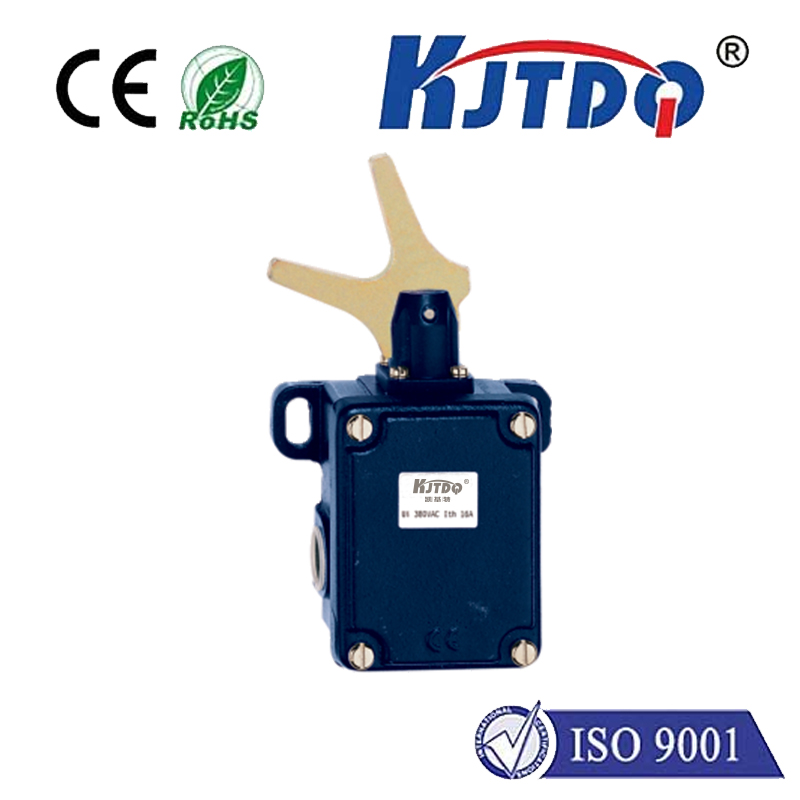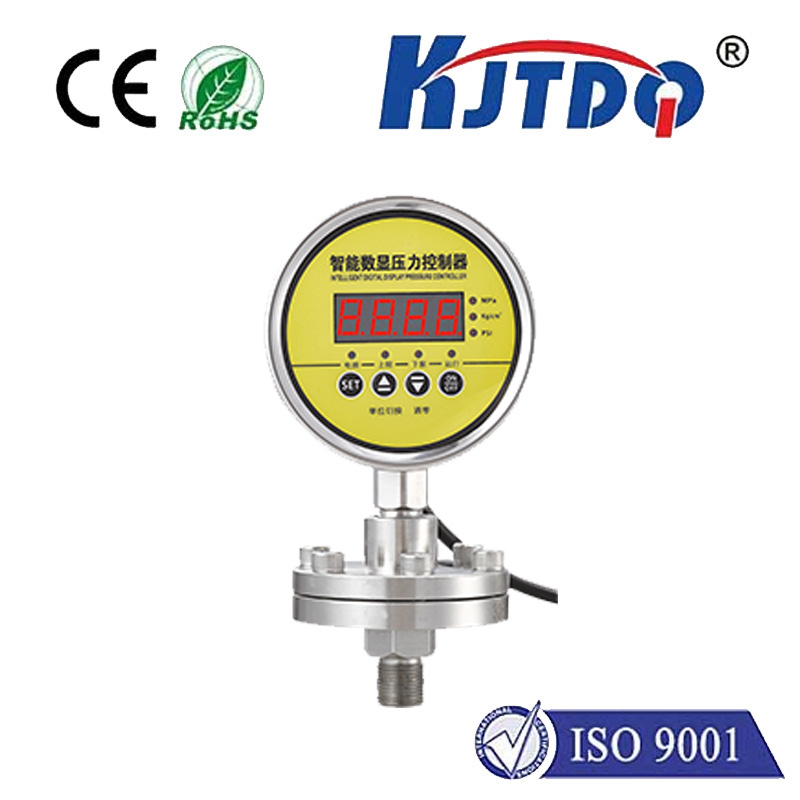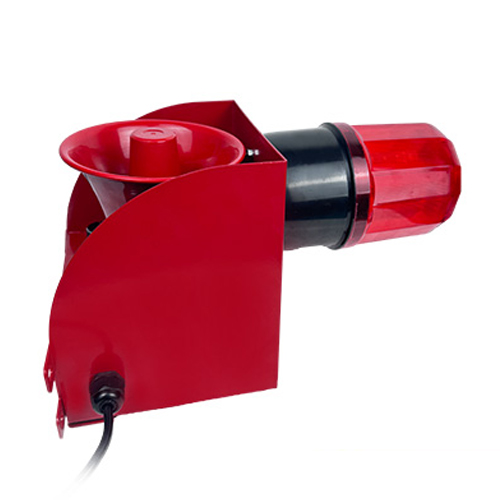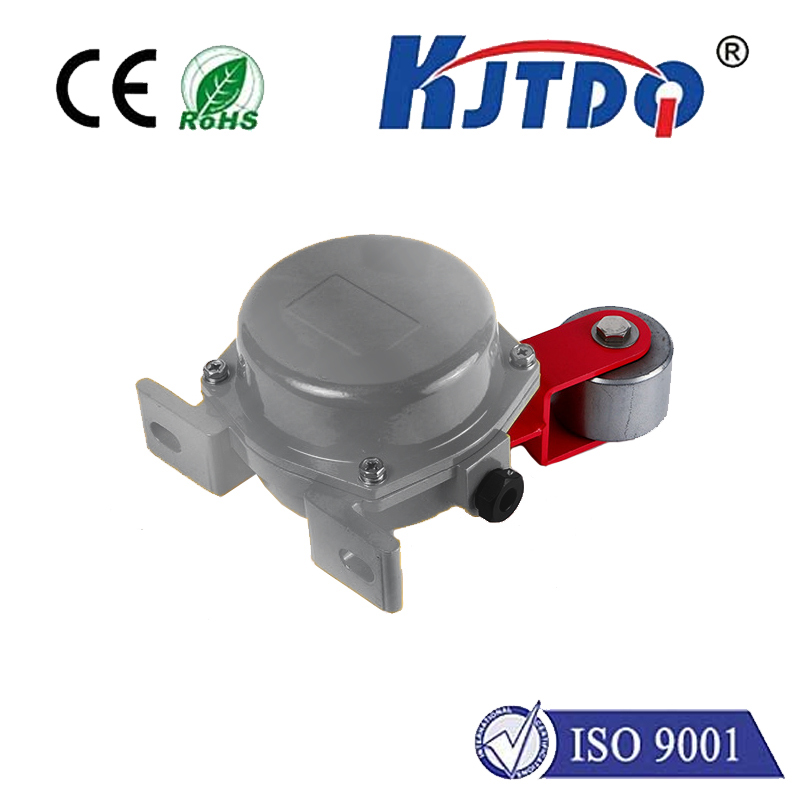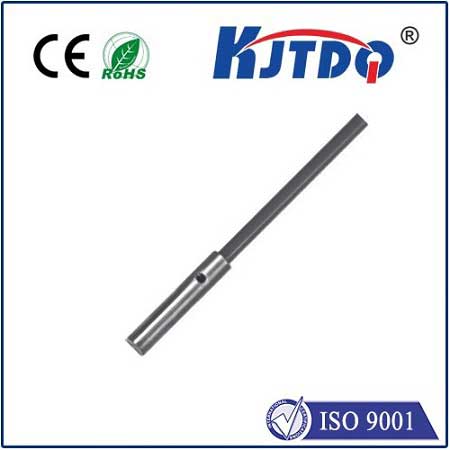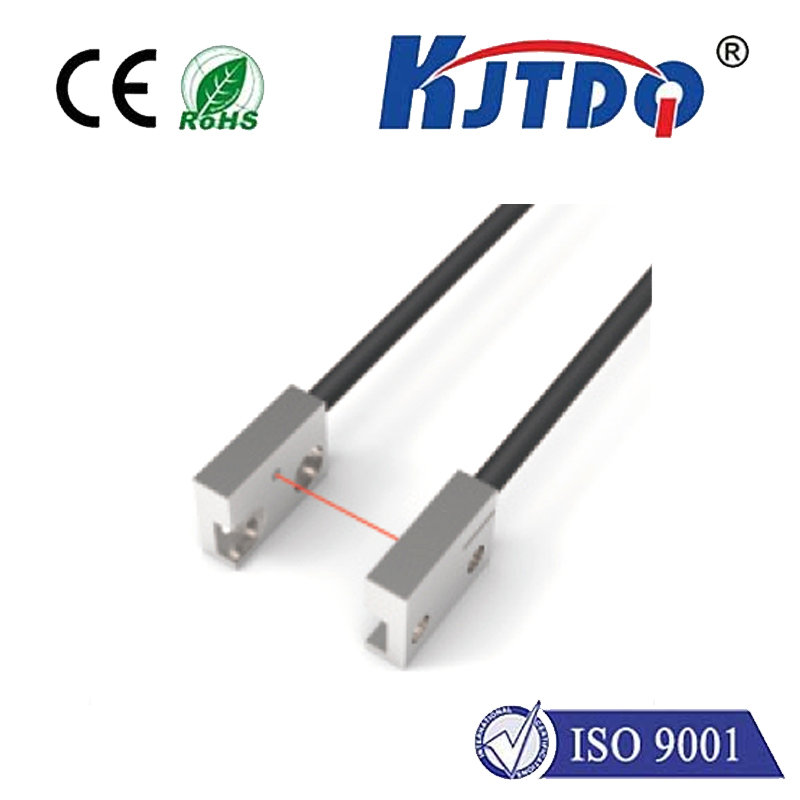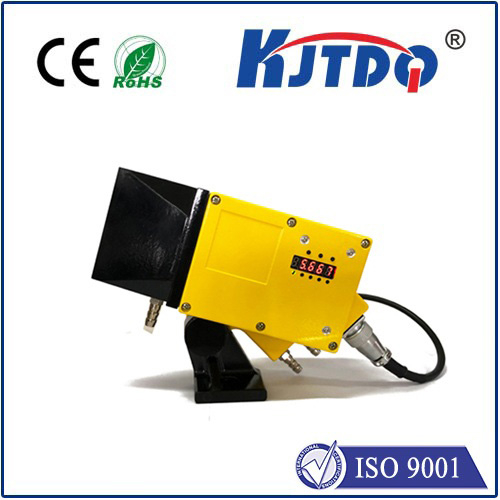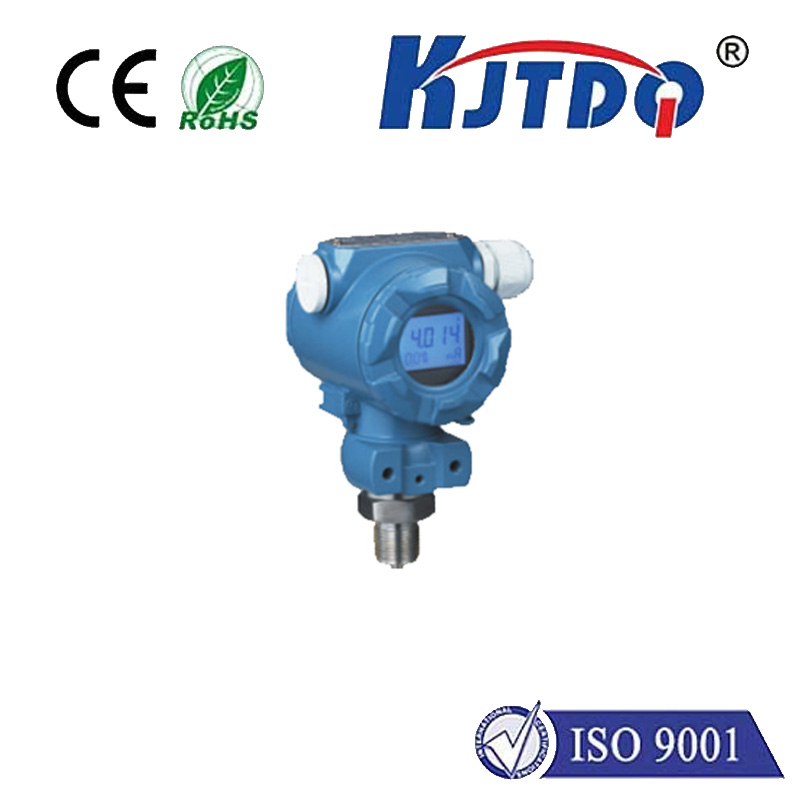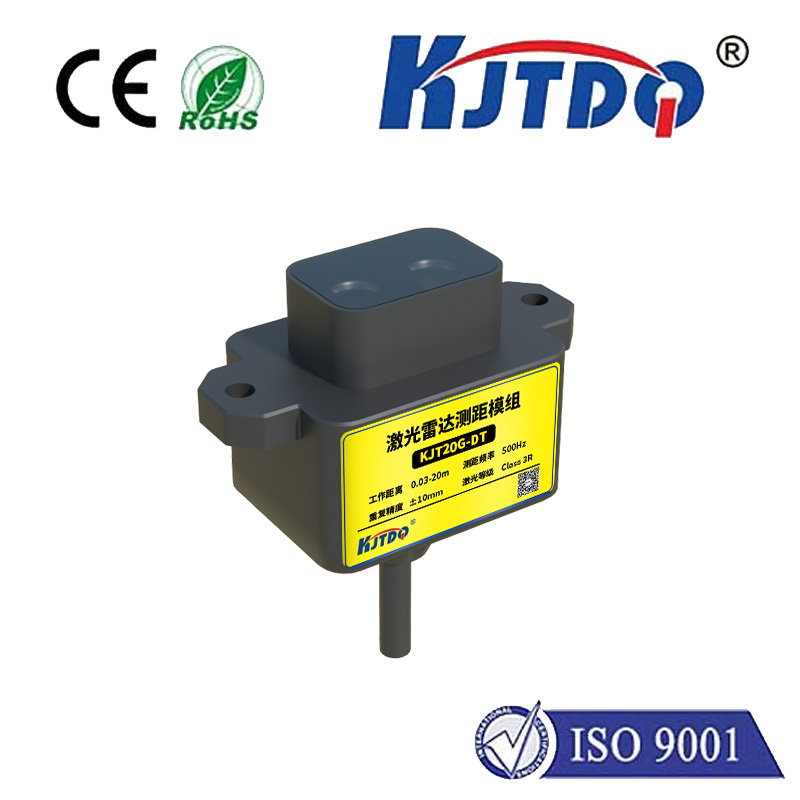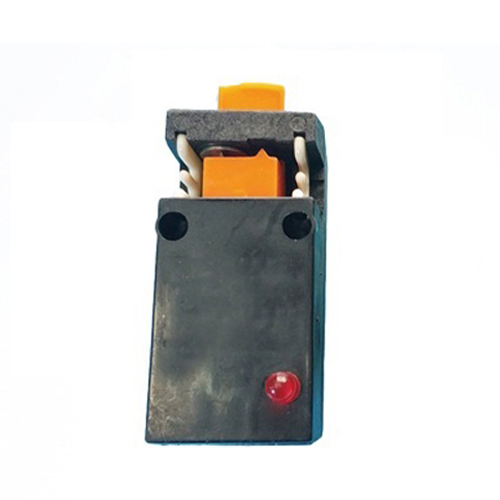

check

check

check

check

check

check

check

check

check

check

High Pressure Sensor: A Game Changer in Industrial Safety and Efficiency” In the rapidly evolving world of industrial technology, safety and efficiency are paramount. One key player in ensuring both is the high pressure sensor. This unassuming device plays a critical role in various industries, from automotive to medical, ensuring operations run smoothly and safely. In this article, we delve into the importance of high pressure sensors, their applications, and how they are transforming industrial practices. Understanding High Pressure Sensors High pressure sensors are devices designed to measure and monitor high-pressure environments. They work by detecting changes in pressure and converting them into signals that can be read and analyzed. These sensors are built with robust materials and advanced technologies to withstand extreme pressure conditions, making them indispensable in high-risk environments. Applications Across Industries The utility of high pressure sensors spans across various sectors, making them a versatile tool in modern industry. In the automotive industry, these sensors help monitor engine performance and fuel injection pressures, ensuring optimal vehicle operation and safety. In the aviation industry, they play a crucial role in monitoring hydraulic systems and cabin pressure, contributing to flight safety and comfort. Medical applications also benefit significantly from high pressure sensors. They are used in ventilators and anesthesia machines to monitor and control airflow pressure, vital for patient care and safety during surgical procedures. Furthermore, in oil and gas industries, these sensors monitor well pressures, helping prevent dangerous situations like blowouts and ensuring efficient extraction processes. Enhancing Safety and Efficiency One of the most significant contributions of high pressure sensors is their ability to enhance safety in high-risk environments. By continuously monitoring pressure levels, these sensors can detect anomalies early, triggering alarms or automated responses that mitigate potential hazards. This proactive approach to safety helps avoid costly accidents and ensures the protection of personnel and equipment. In terms of efficiency, high pressure sensors enable precise control over industrial processes. For instance, in manufacturing, accurate pressure monitoring ensures that machinery operates within optimal parameters, reducing waste and improving product quality. Additionally, these sensors facilitate predictive maintenance by providing real-time data on equipment condition, allowing for timely repairs and extending the lifespan of industrial equipment. The Future of High Pressure Sensors As technology advances, so do high pressure sensors. The integration of Internet of Things (IoT) technology allows for remote monitoring and smarter decision-making capabilities. This means that pressure sensors can now send data wirelessly, enabling real-time analytics and more responsive systems. As these sensors become more intelligent and connected, their potential to revolutionize industrial practices continues to grow. Conclusion High pressure sensors are more than just measurement tools; they are integral to enhancing safety, efficiency, and innovation across various industries. As we continue to push the boundaries of what’s possible, it’s clear that the role of these sensors will only become more critical. Embracing the advancements in high pressure sensing technology paves the way for a safer, more efficient, and technologically advanced future in the industrial sector.
